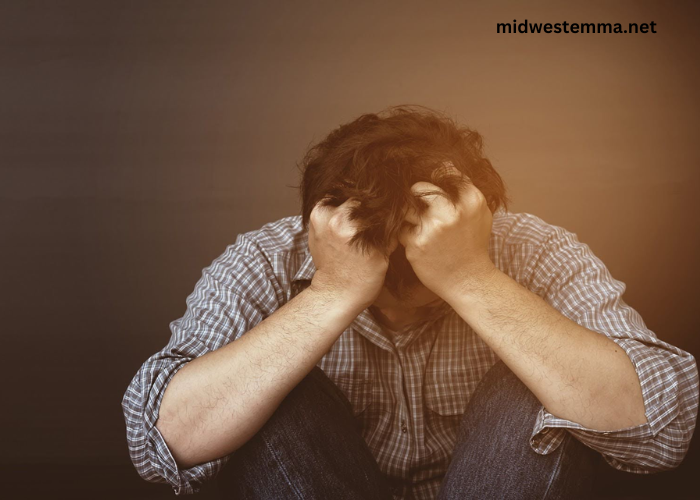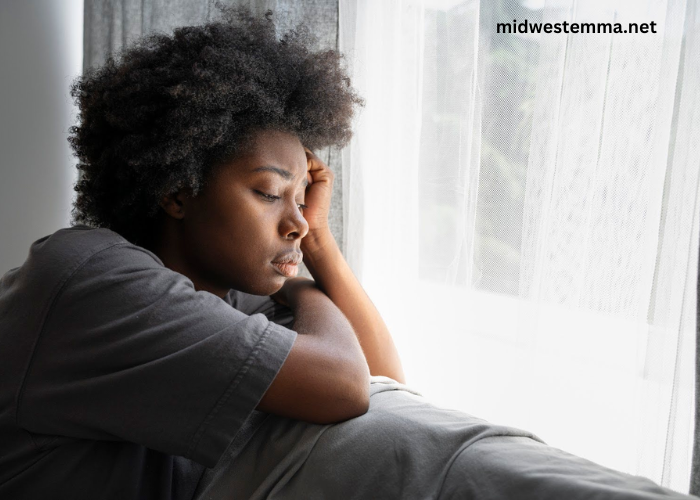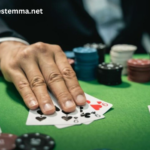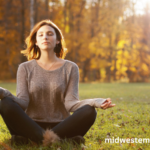Anxiety is a feeling of worry or unease that arises when we find ourselves in certain situations. Our fear or anxiety cause the body to go into what is known as the flight or fight response. This is the bodies normal reaction when we feel scared or threatened, it releases hormones called adrenalin and cortisol so that we feel more alert and are better able to either flee the situation or prepare to fight. Because it’s our bodies natural and automatic response we have no control over it, which can be quite scary. When this occurs and there is no obvious threat it is referred to as an anxiety or panic attack.
Occasionally feeling anxious is a normal part of everyone’s lives, whether it’s because your running late to an appointment or worried about going to the dentist or doctors. If however you find yourself feeling anxious without knowing why, or feel like it’s taking over your life, then you may be suffering from a form of anxiety.
Physical symptoms of anxiety can include the following:
- Feeling like your heart is racing or beating so loud other people can hear it
- Feeling sensations of tightness, restriction or pain in the chest
- Light headedness, dizziness, nausea or vomiting
- Shortness of breath or hyperventilating
- Having a dry mouth
- Perspiring or feeling like your hands are clammy
- An upset stomach or wanting to use the toilet more often
- Not being able to relax and unwind
Psychological symptoms can cause you to feel:
- Afraid, panicky or anxious
- Like things are going much slower or faster than they actually are
- Like people are looking or watching you when they aren’t
- That your mind is racing and you’re over thinking
- Like you’re losing control or your grip on reality
- A constant need to escape the situation you find yourself in
- Afraid that you won’t get to the toilet in time
- Scared about things that have yet to happen
Like you’re losing your sanity or are going to die
Anxiety can also cause changes to your normal behaviours such as:
- Not bothering with self-care
- Socialising less often with your friends and family than you previously did
- No longer enjoying sport or hobbies so spend less time doing them
- Walking less and using the car more or shopping on-line or when you know there will be less people around
- Consciously sitting or parking where you have easy access to leave
- Stop trying new things or social situations
Self Help for Anxiety
You can find information from a variety of sources to help you with your anxiety. The internet, local support groups and your doctor will be able to give you advise. You can try relaxation techniques, yoga or breathing exercises, spend time in the outdoors and nature, read or listen to music. Try and keep a diary of when and why you felt anxious to help find what triggers it
Professional Help
If you’re anxiety is having a negative impact on your daily life you should consult your doctor, they can either who prescribe you with antianxiety medication to help or refer you for therapy to find out the root cause. Written by Jan, Jeana and Wendy at Barnsley Hypnosis and Counselling (UK). For more free information click above link.







